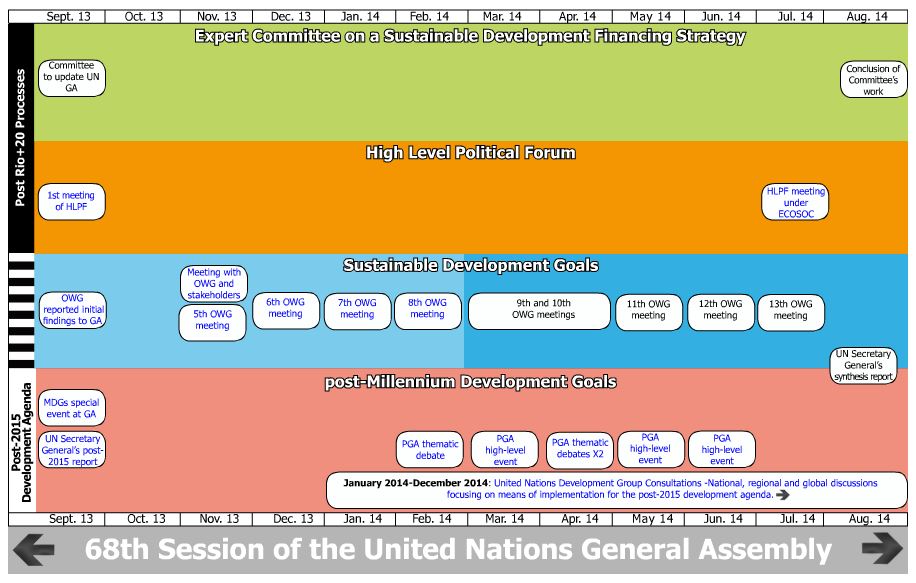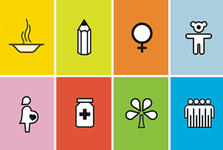The Millennium Development Goals (MDGs) were the eight international development goals established at the UN Millennium Summit in 2000 to tackle global poverty within a 15-year time frame.
-
To eradicate extreme poverty and hunger
-
To achieve universal primary education
-
To promote gender equality and empower women
-
To reduce child mortality
-
To improve maternal health
-
To combat HIV/AIDS, malaria, and other diseases
-
To ensure environmental sustainability
-
To develop a global partnership for development
Millennium Towns and Cites Campaign
In 2005, UCLG ran the Millennium Towns and Cities Campaign to highlight the role of local governments in the achievement of the MDGs. As part of the campaign, white banners bearing the slogan “2015! No excuse! The world must be a better place.” were unfurled on local government buildings across the world.

The campaign also called on Member States to establish a formal advisory role for local governments within the UN on issues of global governance.
Over a thousand towns, cities, counties, and regions across the world joined the Millennium Towns and Cites Campaign directly and many more were represented by their national local government associations.
Eight ways to change the world
In 2010, UCLG and the Millennium Campaign published “Eight ways to change the World” “Eight ways to change the World” suggesting eight ways that local authorities in the global North and South could contribute to the achievement of the MDGs.
The Post-2015 Agenda
From January 2016, the MDGs were superseded by the 2030 Agenda, 17 Sustainable Development Goals which build on the MDGs and integrate sustainability into the development agenda, as agreed by the international community at the 2012 Rio+20 Summit.
The below graphic provides a timeline of key milestones for three of the primary post-Rio+20 processes:

Source: www.sustainabledevelopment2015.org
